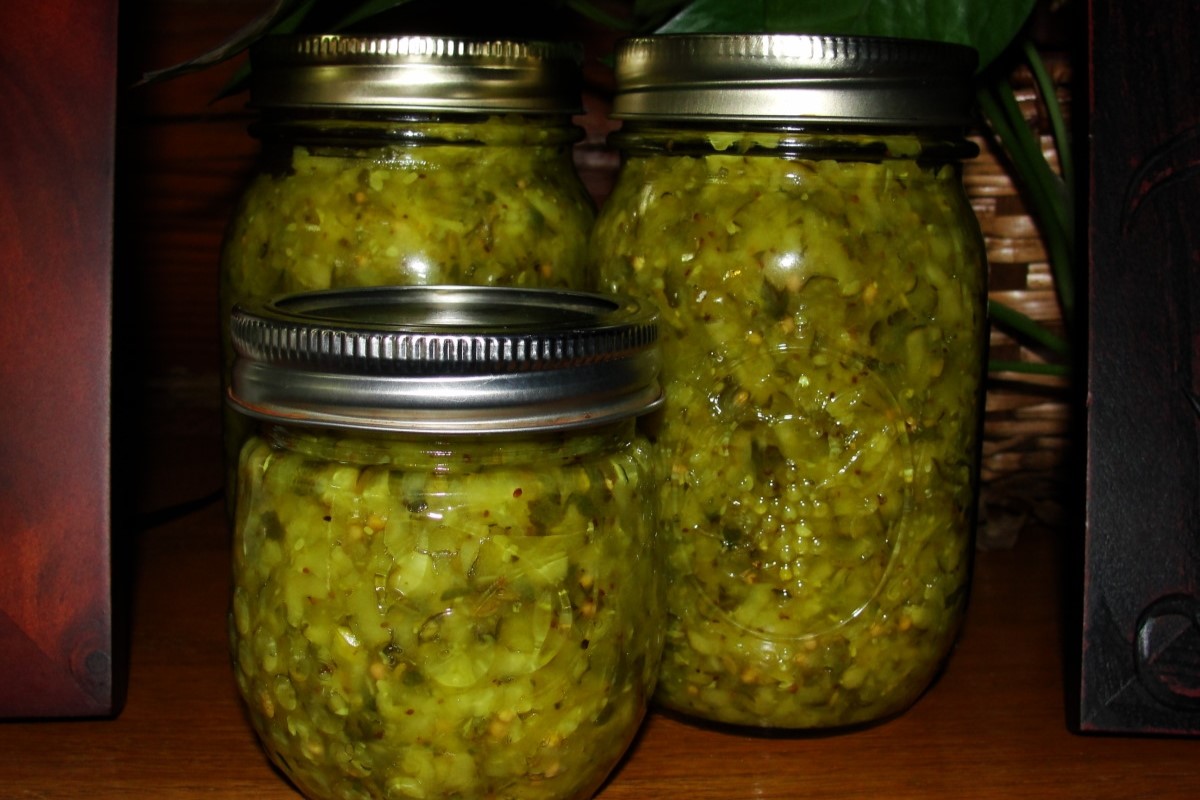
When it comes to delicious condiments, dill relish is a standout. Not only does it add a burst of flavor to any dish, but it also offers a range of health benefits. Whether you’re topping a juicy burger or stirring it into your favorite potato salad, dill relish is a versatile and tasty addition to any meal.
In this article, we will explore the 10 Dill Relish Nutrition Facts that make it a great choice for both flavor and well-being. From its low-calorie content to its high vitamin and mineral content, dill relish packs a punch when it comes to nutrition. So, grab a jar of dill relish and get ready to dive into its nutritive perks!
Key Takeaways:
- Dill relish is a low-calorie, fat-free condiment packed with vitamins, minerals, and antioxidants. It’s a flavorful, healthy choice for adding zing to your meals without the guilt of added sugar or gluten.
- With only 15 calories per serving, dill relish is a versatile ingredient that supports digestive health and is a great option for those watching their fat and sodium intake. Plus, it’s gluten-free and bursting with flavor!
Low in Calories
Dill relish is low in calories, making it a great addition to your meals without adding excessive calories. A typical serving of dill relish contains only about 15 calories.
Zero Fat
If you’re watching your fat intake, dill relish is a great choice. It contains zero fat, making it a healthier alternative to other high-fat condiments.
Source of Fiber
Dill relish contains a small amount of dietary fiber. Fiber is important for maintaining a healthy digestive system and can help regulate blood sugar levels.
Rich in Vitamins and Minerals
Dill relish is packed with beneficial vitamins and minerals. It is a good source of vitamin A, vitamin C, and potassium.
Low in Sodium
Dill relish is typically low in sodium content, which is beneficial for those watching their sodium intake. However, it’s always a good idea to check the label for sodium content, as it may vary among different brands.
Adds Flavor without Adding Sugar
Dill relish can be a great addition to your meals if you’re looking to enhance the flavor without adding sugar. Unlike many other condiments, dill relish is usually sugar-free.
Antioxidant Properties
Dill relish contains antioxidants that help protect the body against harmful free radicals. These antioxidants play a vital role in maintaining overall health.
Versatile Ingredient
Dill relish can be used in a variety of recipes and dishes. Whether you want to add it to your sandwiches, salads, or even homemade dressings, dill relish can bring a burst of flavor to your meals.
Gluten-Free
If you have gluten sensitivities or follow a gluten-free diet, you’ll be happy to know that dill relish is typically gluten-free. However, always check the label for any possible cross-contamination issues.
May Support Digestive Health
Dill relish contains natural enzymes that can aid in digestion. These enzymes may help break down food and improve overall digestive health.
So, the next time you reach for a jar of dill relish, remember these 10 Dill Relish Nutrition Facts. Whether you’re watching your calorie intake or looking for a gluten-free condiment, dill relish can be a tasty and nutritious addition to your meals!
Conclusion
In conclusion, dill relish is not only a delicious condiment but also a nutritious addition to your diet. With its low calorie content and rich source of vitamins and minerals, dill relish can be a guilt-free way to add flavor to your meals. It is a great source of antioxidants, which help protect your cells from damage caused by harmful molecules called free radicals. Additionally, dill relish can contribute to your daily intake of fiber and potassium, both of which are important for maintaining a healthy body. So, next time you reach for a hot dog or burger, consider topping it with dill relish to not only enhance its taste but also boost its nutritional value.
FAQs
1. How many calories are in dill relish?
Dill relish is relatively low in calories, with approximately 20 calories per tablespoon.
2. Is dill relish a good source of vitamins and minerals?
Yes, dill relish is a good source of several vitamins and minerals, including vitamin A, vitamin C, calcium, and iron.
3. Is dill relish high in sodium?
Dill relish can vary in sodium content depending on the brand, so it is important to check the nutrition label. However, there are low-sodium options available for those watching their sodium intake.
4. Can dill relish be a part of a healthy diet?
Yes, dill relish can be a part of a healthy diet when consumed in moderation. It adds flavor to dishes without adding significant calories. However, it is important to be mindful of portion sizes and overall sodium intake.
5. Can dill relish be included in a vegetarian or vegan diet?
Yes, dill relish is typically made from plant-based ingredients and is suitable for both vegetarian and vegan diets. However, it is always a good idea to check the product label for any potential animal-derived ingredients.
Was this page helpful?
Our commitment to delivering trustworthy and engaging content is at the heart of what we do. Each fact on our site is contributed by real users like you, bringing a wealth of diverse insights and information. To ensure the highest standards of accuracy and reliability, our dedicated editors meticulously review each submission. This process guarantees that the facts we share are not only fascinating but also credible. Trust in our commitment to quality and authenticity as you explore and learn with us.
